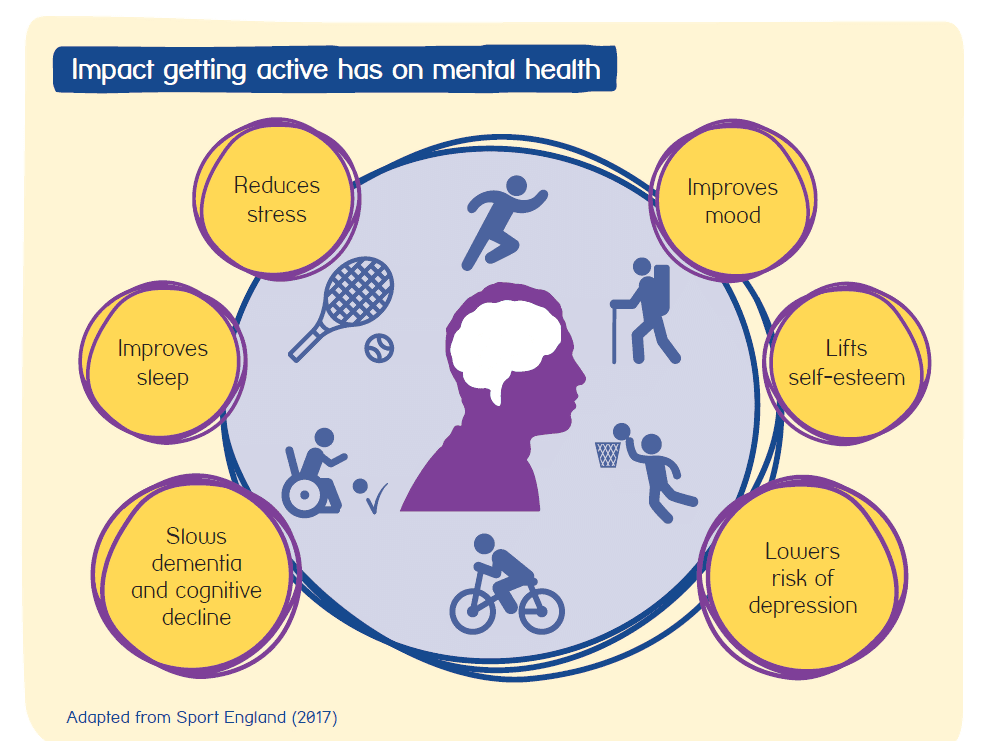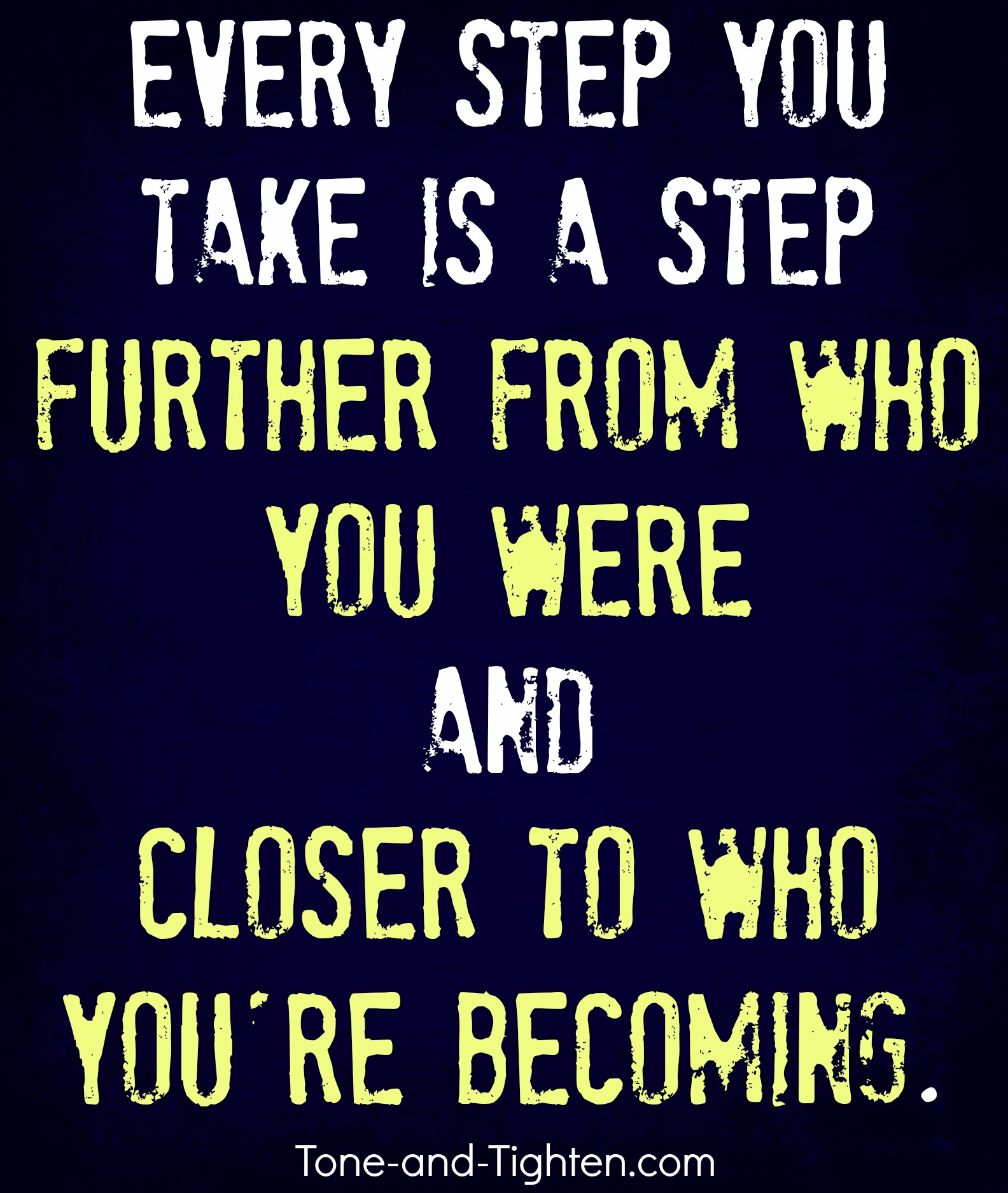‘A healthy mind in a healthy body’ isn’t just a cliché first used by the Romans, there’s actually a lot of wisdom in these words.
The great news is that average human life expectancy now surpasses 80 years – almost double the typical lifespan a century ago thanks to recent advancements in science, technology and medicine.
However, bear in mind that quality is as important as quantity: living in sadness or poor health is a life half lived and you deserve to live life to the full.
Living longer should mean living well
Despite living longer and considering the multiple ways in which technology has revolutionized our lives, in many ways greatly easing jobs which in the past would have taken hours, modern life is stressful.
The pace only seems to get faster and faster.
Despite the promises of early 20th century sci-fi novelists, the vast majority of us 21st century city dwellers don’t have a four hour working day and plenty of extra time to spend with our loved ones or to pursue whatever leisure or cultural activity takes our fancy.
If it’s not the many hours spent (often uncomfortably) commuting to and from work, the rat race itself, or a general uncertainty about what the future holds, there’s also 101 distractions unique to modern life that sap away our time, money, and happiness.
And then there’s the pressure to keep up with the Jones!
No wonder rates of mental illness and prescriptions of anti-depressants are reported to be rising in the UK, whilst job satisfaction and job security is decreasing.
- Do you have any health, rehabilitation, weight or fitness goals?
Click here for a FREE CONSULTATION today!
No one knows what tomorrow brings but we can stack the deck in our favour
Staying happy and healthy and also managing to keep your head above water can be a challenge amid the mayhem of modern life.
You may have little control over how events around you unfold but when it comes to health you can still manage to stack the deck in your favour.
Indeed, that’s one life hack we can all partake in to help us get through our daily struggle.
Best of all, it can be free of charge.
Punching and kicking your way to a healthier life
The physical health benefits of exercise are well-known but are you aware of the many ways in which a good workout can improve your mental wellbeing?
After an exhausting and stressful day, it’s so tempting to want to hit the pub with mates or come home and crash on the couch.
Exercise is probably the last thing on your mind.
No matter how tiring or taxing my day has been, an hour of kickboxing cheers me up, makes me feel refreshed and burns up to 800 calories.
However, exercise doesn’t need to be intense.
A swim, cycle, walks around the block or even housework counts as exercise.
The UK’s top doctor recommends adults do a minimum of 150 minutes of moderate intensity exercise or 75 minutes vigorous exercise spread over the week.
You can even tie physical activity into your daily routine.
It takes me 15 minutes to walk to the station every morning on my way to work- that’s already 210 minutes of exercise per week!

Click here for a FREE CONSULTATION today!
Looking and feeling good
Ever heard of ‘runner’s high’ – that feeling of relaxation and contentment you might experience during or after a decent bout of exercise?
During exercise your brain releases a range of chemicals that include endorphins, endocannabinoids, adrenaline and dopamine [1-3].
These naturally produced chemicals are believed to be responsible for making you feel more energized and relaxed and also play a role in reducing stress, anxiety and pain.
A regular work out will make you look better on the outside and feel better on the inside.
- Do you have any health, weight loss or fitness goals?
Beating the blues
Researchers who combined the results of 49 studies revealed that doing high levels of exercise can reduce your risk of developing depression by around 17%, with the figure increasing to a third for some individuals.
This research, published in the American Journal of Psychiatry, also showed that the benefits were seen at all ages: amongst the young, adult and elderly alike. [4]
Exercise itself has also been shown to have a role in treating established depression as effectively as Cognitive Behaviour Therapy (CBT) – a talking therapy commonly used to treat mild to moderate depression – [5].
Physical activity also reportedly reduces the severity of depressive symptoms. [6]
Click here for a FREE CONSULTATION today!
Doesn’t worry be active?
There’s good news for people who suffer from anxiety disorders – an ailment that affects over 10% of us at some point in our lives and which commonly exists alongside depression.
Studies show that physical activity treats some forms of anxiety roughly as well as CBT and medication [7].
Likewise, people who exercise regularly on the whole show lower levels of stress and anxiety than their inactive counterparts. [8]
Whether you want to reduce your anxiety and stress levels or prevent their emergence, you can exercise at your own relaxed pace whenever you feel.

Keep those cogs turning?
As life expectancy increases, so do the number of people with dementia.
According to the Alzheimer’s society, there are presently 850,000 people in the UK with dementia and the number is fast increasing with the figure expected to surpass 1 million by 2025 and reach 2 million by 2051.
If this is not worrying, I don’t know what it is.
Until we develop a treatment to reverse dementia or stop it progressing, the best we can do is reduce the risk of developing the condition.
Evidence indicates that regular moderate intensity aerobic exercise reduces your chances of getting dementia [9] and helps keep the brain sharp [10].
Click here for a FREE CONSULTATION today!
Get your beauty sleep
Most of us struggle to get the recommended 7-8 hours sleep each night that we need to function at our best.
In fact, according to the UK Sleep Council, a third of us only get 5-6 hours sleep a night and many suffer disturbed sleep.
When you’re knackered after work, exercise might be the last thing on your mind even though it will increase your chances of getting a decent well-earned rest.
You might be interested to know that exercise has been shown to increase both the duration and quality of your sleep [11].
That’s another reason to keep active during the day so you can get your well-earned rest and ensure you are at your best and brightest the following morning.
Even the longest journey begins with a single step. So why delay. Start today
Whether you are a fitness fanatic looking to reach your optimum level of fitness or a beginner cautiously dipping a toe into the unknown world of exercise, even finding time to do squeeze 10-15 minutes of physical activity into your day is much better than nothing.
Just like the compound interest of your savings account, the benefits stack up slowly but they sure do accumulate.
Exercise doesn’t have to be exhausting and can start with something as simple as setting a rule forbidding yourself from using a car or other mode of motorized transport for all journeys under a mile.
Physical activity may be daunting for beginners but there’s no rule saying that you must aim for a perfectly chiseled six pack and at the end of the day the only person you are competing against and accountable to is YOU.
The benefits of physical activity aren’t just physiological but also psychological.
Whether you want to beat off the blues, improve your cognition and confidence or feel more refreshed when you climb out of bed in the morning, a dose of exercise is just what the doctor prescribed.
Click here for a FREE CONSULTATION today!

- Would you like to lose weight, rehabilitate an injury and feel at your best again?
Click here for a FREE CONSULTATION today!
References:
- WebMD (2019) Exercise and Depression. [ONLINE] Available at: https://www.webmd.com/depression/guide/exercise-depression#1. [Accessed 11 May 2019].
- Watkins B (2018) Endocannabinoids, exercise, pain, and a path to health with aging. Molecular Aspects of Medicine, Volume 64, December 2018, Pages 68-78 https://www.ncbi.nlm.nih.gov/pubmed/30290200
- Verywellmind (2019). Exercise and Improving Your Mood. [ONLINE] Available at: https://www.verywellmind.com/exercise-and-improving-your-mood-2223781. [Accessed 11 May 2019].
- Schuch F et al. (2018) Physical Activity and Incident Depression: A Meta-Analysis of Prospective Cohort Studies. American Journal of Psychiatry, Volume 175, Issue 7 Pages 631 – 648 https://www.ncbi.nlm.nih.gov/pubmed/29690792
- Daley, A. (2008). Exercise and Depression: A Review of Reviews. Journal of Clinical Psychology in Medical Settings, 15(2), 140–147 https://www.ncbi.nlm.nih.gov/pubmed/19104978
- Dunn AL, Trivedi MH, O’Neal HA.(2001) Physical activity dose-response effects on outcomes of depression and anxiety. Medicine and Science in Sports and Exercise. 33(6 Suppl):S587-97; https://www.ncbi.nlm.nih.gov/pubmed/11427783
- Stonerock GL, Hoffman BM, Smith PJ, Blumenthal JA. (2015). Exercise as Treatment for Anxiety: Systematic Review and Analysis. Annals of Behavioral Medicine, 49(4), 542–556 https://www.ncbi.nlm.nih.gov/pubmed/25697132
- DeBoer LB, Powers MB, Utschig AC, Otto MW, Smits JA (2012). Exploring exercise as an avenue for the treatment of anxiety disorders. Expert Review of Neurotherapeutics, 12(8), 1011–1022 https://www.ncbi.nlm.nih.gov/pubmed/23002943
- Ahlskog JE, Geda YE, Graff-Radford NR, Petersen RC. (2011). Physical Exercise as a Preventive or Disease-Modifying Treatment of Dementia and Brain Aging. Mayo Clinic Proceedings, 86(9), 876–884. https://www.ncbi.nlm.nih.gov/pubmed/21878600
- Sofi F, Valecchi D, Bacci D, Abbate R, Gensini GF, Casini A, Macchi C. (2011). Physical activity and risk of cognitive decline: a meta-analysis of prospective studies. Journal of Internal Medicine, 269(1), 107–117. https://www.ncbi.nlm.nih.gov/pubmed/20831630
- Dolezal BA, Neufeld EV, Boland DM, Martin JL, Cooper CB (2017). Interrelationship between Sleep and Exercise: A Systematic Review. Advances in Preventive Medicine, 2017, 1–14. https://www.hindawi.com/journals/apm/2017/1364387/



